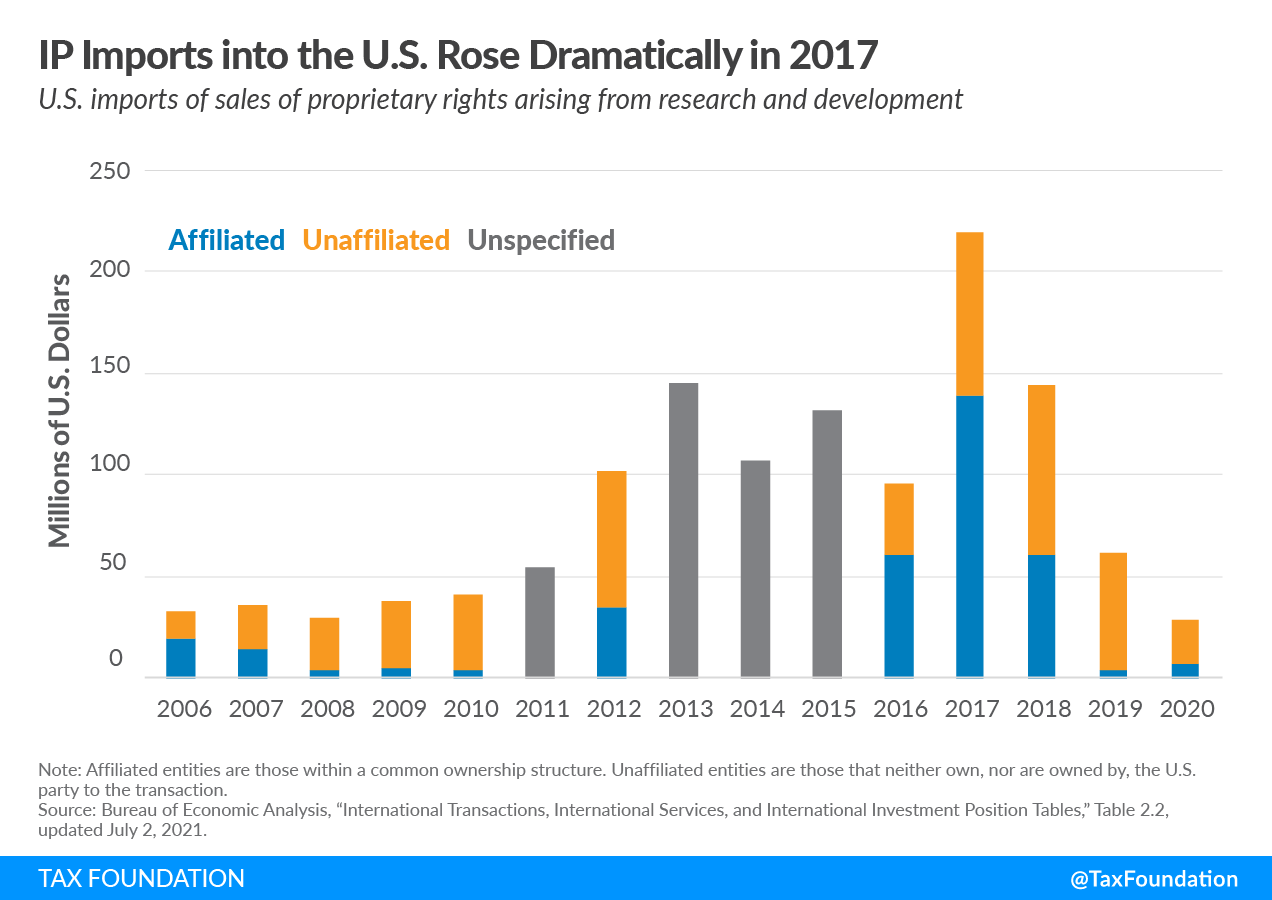Residency Restriction in TN Divorce Decree Was Appropriate
Tennessee case summary on divorce & custody.
Michael Charles Smallbone v. Jennifer Elizabeth Smallbone
After 14 years of marriage, the father filed for divorce in Williamson County, Tennessee, in 2018. Both parents asked to be named primary residential parent of the three minor children. The mother requested joint custody with equal parenting time, but the father proposed that the mother would get only 120 days per year.
After trial, the father was named primary residential parent, but both parents received substantially equal parenting time and joint decision making. The permanent parenting plan called upon the parents to jointly facilitate the mental health therapy of one of the children. Both parties were ordered to maintain a residence within the children’s current school district.
Prior to trial, the wife had stated in an interrogatory that she had deposited all of her income into the joint checking account. But she was later forced to admit that she had failed to disclose errors of almost $300,000.
The father brought an appeal to the Tennessee Court of Appeals. The father first argued that the trial court had not addressed his claim that the mother had “unclean hands” with respect to the errors in her interrogatories. But the appeals court held that the lower court had impliedly ruled on all of the father’s claims.
The appeals court then turned to the parenting plan. It noted that the child’s best interest is a question of fact, and the lower court’s findings on this issue should not be reversed unless the evidence preponderates against them.
The appeals court examined all of the evidence and concluded that the lower court had acted properly in setting the equal parenting time. In particular, it noted that the lower court had properly analyzed the statutory factors, such as noting that both parents had shared childcare responsibilities during the marriage.
The appeals court also held that joint decision making authority was appropriate in the case. The father argued that the parents had not demonstrated an ability to cooperate. Even though the father showed some evidence, such as the mother’s scheduling medical appointments when she knew the father could not attend, it held that the lower court had acted within its discretion.
The court then tackled the residency restriction. The appeals court first noted, however, that the lower court had not issued an injunction. Instead, both parents had stated that they intended to remain at the current schools, and the court’s plan merely incorporated this agreement. The court conceded that if a parent decided to move, then the plan might require modification. But the inclusion of the condition was not an abuse of discretion, and the appeals court affirmed it for that reason.
Both parents requested attorney’s fees on appeal, but the Court of Appeals denied the request.
For these reasons, the Court of Appeals affirmed the lower court and remanded the case.
No. M2020–01556-COA-R3-CV (Tenn. Ct. App. May 4, 2022).
See original opinion for exact language. Legal citations omitted.
To learn more, see Property Division in Tennessee Divorce and view our video Is Tennessee a 50 50 divorce state?
To learn more, see Child Custody Laws in Tennessee and our video, How is child custody determined in Tennessee?






